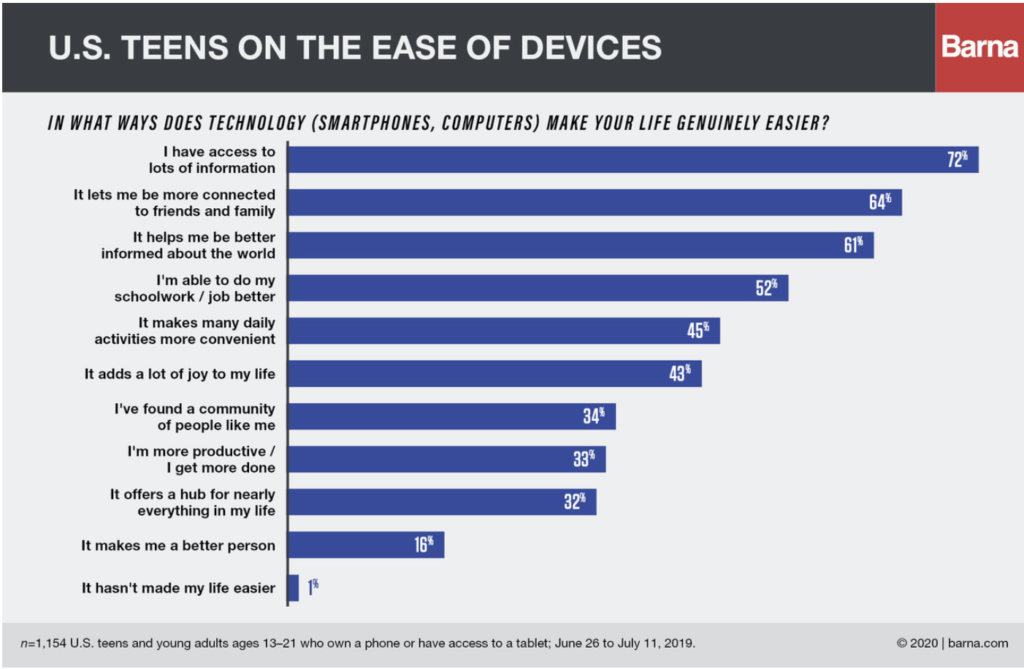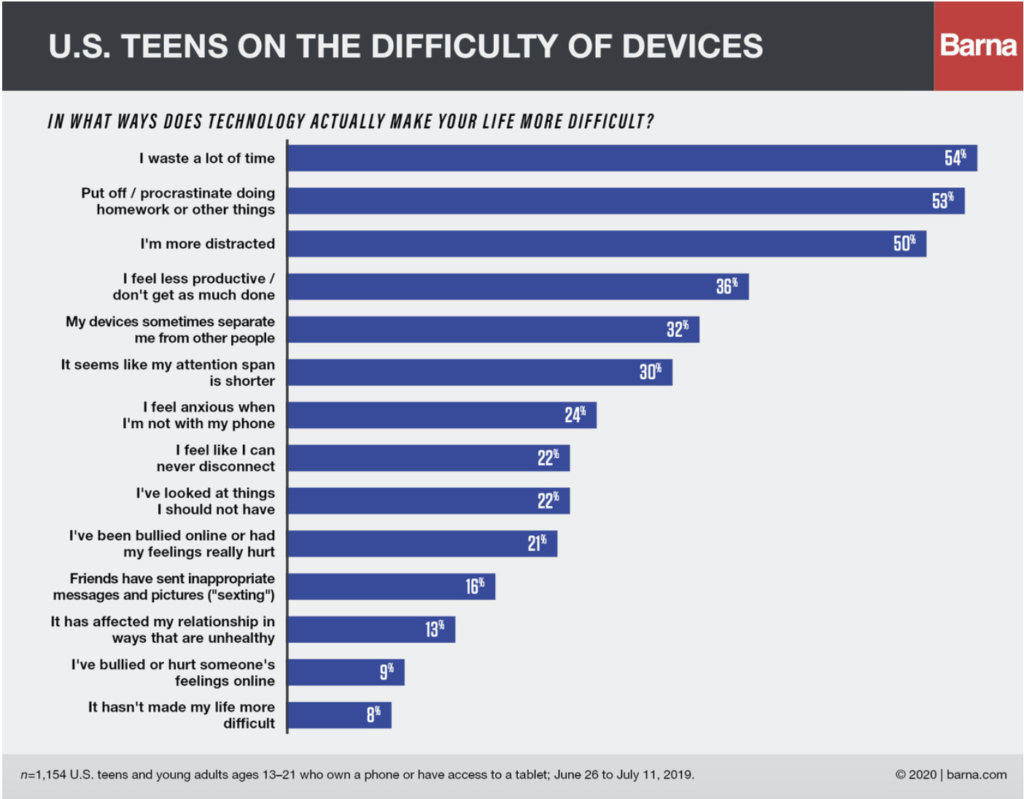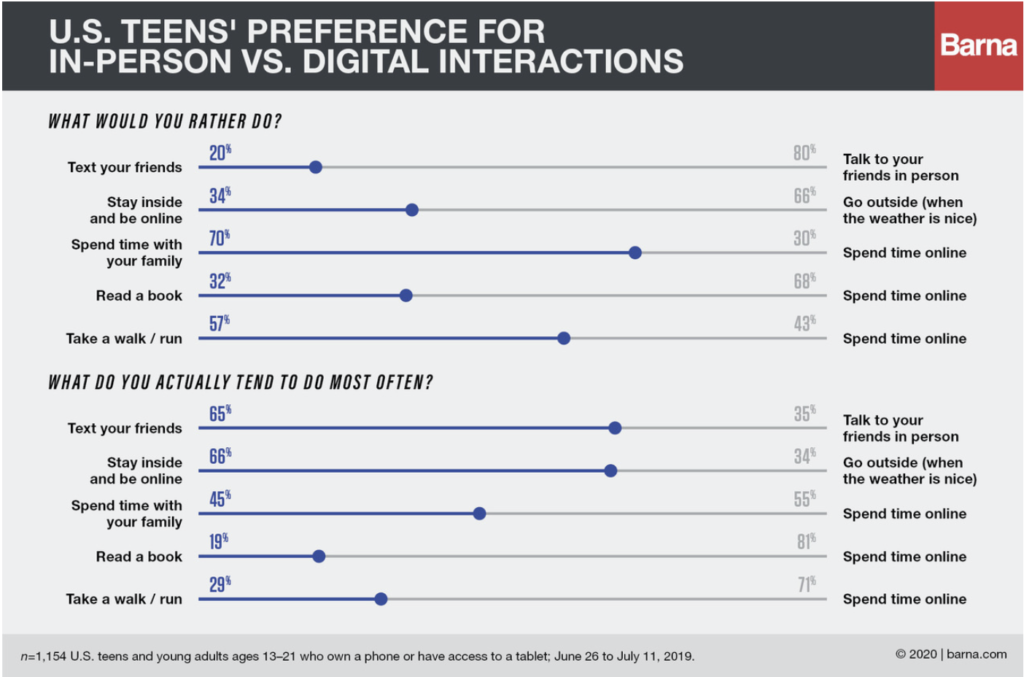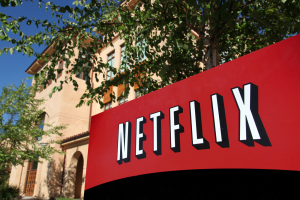Statistics, Statistics, and more Statistics! Have you ever  found yourself weary of stats and trends? Everyone has an opinion and social media gives people an outlet. However, there is one trend that has emerged that is on every church leaders mind these days. Reality now states that committed worshippers are attending church less and less. That statistic and trend is getting everyone’s attention. So before we go into cardiac arrest, consider some of the rationale behind it.[1]
found yourself weary of stats and trends? Everyone has an opinion and social media gives people an outlet. However, there is one trend that has emerged that is on every church leaders mind these days. Reality now states that committed worshippers are attending church less and less. That statistic and trend is getting everyone’s attention. So before we go into cardiac arrest, consider some of the rationale behind it.[1]
- Increasing involvement with kids activities including more “multiple activity” commitments (sports, music, etc.) for longer duration with greater competitiveness.
- Greater mobility in general and the rise of virtual work places. Twenty-five percent of white-collar Americans travel as a part of making a living. People with discretionary time are more likely to be traveling or working in environments outside of their typical home environment.
- Access to church online. Now its is easier to stay connected to the church, if you have to travel or if you have problems at home getting ready for church in the morning. Within two minutes, I can be streaming one of many great services from across the country from my laptop to my widescreen via Apple TV for the entire family.
OK now what? Before we set off in a knee jerk flurry of action, let us not lose sight that people are committed to something. The question becomes are they committed to the agenda of our church? Examine these insights:
- Add VALUE not VENUES – do we need to offer another program that requires people to attend a meeting or is there a way to offer this content digitally? How do we extend the shelf-life of teaching programs that can be adapted to small group meetings without coming up with something brand new every meeting.
- Think training over teaching – how can we create a “chat-room” atmosphere where community is built and people can continue the dialogue without a worship service atmosphere?
- Design ministry ENDS and not MEANS – The myth that is perpetuated today is that the greater the activity the greater the spiritual vitality. Start with the type of disciple that you are attempting to produce. This will aid in the discovery of the ENDS over the means.
The ultimate goal is not to get people to attend church more, but to become like Christ. You don’t need a lot of church activity to be a follower of Jesus. Think about it: Is Jesus going to give you a scorecard in heaven asking you how many times people came to your worship services, Bible studies and service projects? Or, is He going to wonder what kinds of thinking, being and doing those things produced in the lives of your congregation?
[1] Will Mancini founder of Auxano. Accessed 24 August 2015 http://Ministrytodaymag.com







